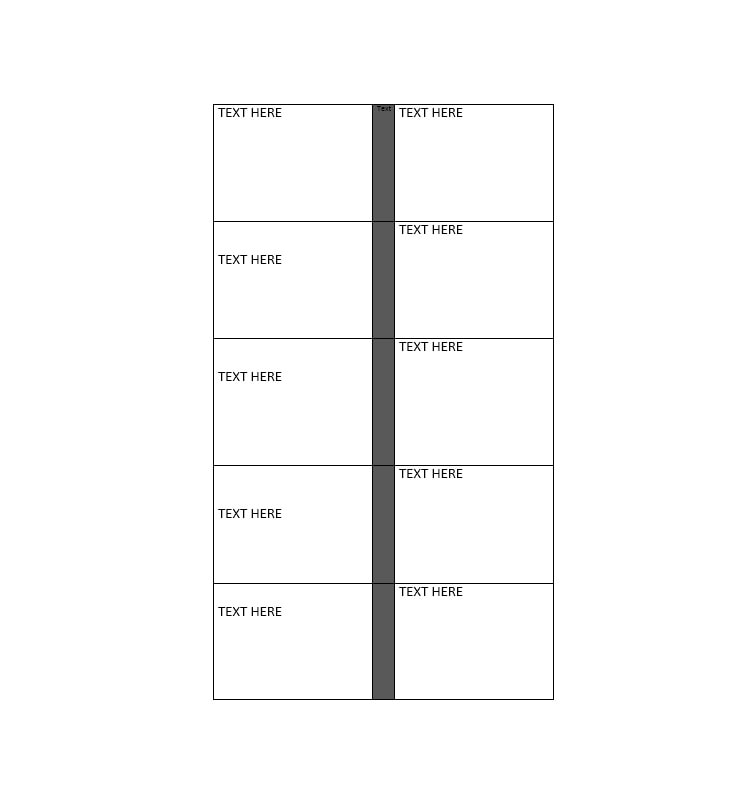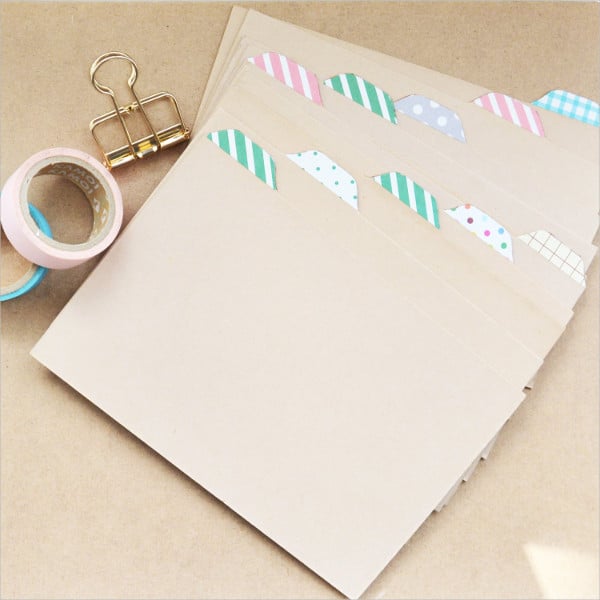

In addition, there are also two ways of expressing feelings in Spanish. In most cases, masculine words end in “o” and feminine words end in “a.” (There are exceptions you can see a couple below.) The Spanish language is expressed in two genders: masculine and feminine. Here are a few categories you can use as part of the process. Keeping them in their own categories can help you and your kids make associations that will make memorizing words more manageable.

On a separate piece of paper, copy the word on the flashcard and write its meaning.ĭivide your flashcards up into categories, such as days of the week, months of the year, colors, numbers, and so forth. Remember “Heads, Shoulders, Knees, and Toes”? Create your own song using some of the Spanish words that you learned. If it’s not a match, flip them back over and have someone else try. Flip over two cards to try and find a match. Have your child tell you about the weather, day of the week, and their mood using various Spanish flashcards. Lay out the Spanish flashcards in a grid and match the English cards to their Spanish counterparts. Flashcards can be used in a variety of ways to facilitate language learning, so get creative. Running through flashcards over and over again can help you learn new words, but using them in other ways can also keep you focused and prevent you from getting bored or mentally fatigued. Whether you’re learning Spanish basics, or want to teach them to your kids or students, these printable Spanish flashcards are sure to help. And, naturally, the more words you know, the more you can communicate.īut flashcards can also provide a gateway to a broader understanding of how the language works by introducing you to different kinds of vocabulary words and concepts such as pronouns, numbers, and - in the case of Spanish vocabulary - masculine and feminine forms.

Īll you may need to know initially is how to say things like “hotel,” “restaurant,” “coffee,” and, of course, “restroom.” With the proper inflection, people will understand your meaning. You can start with a handful of basic Spanish words and phrases. If you travel abroad, you don’t need to know how prepositions or verb conjugations work. Words are the building blocks of verbal communication, and having a good vocabulary is the foundation of learning Spanish or any foreign language.


 0 kommentar(er)
0 kommentar(er)
